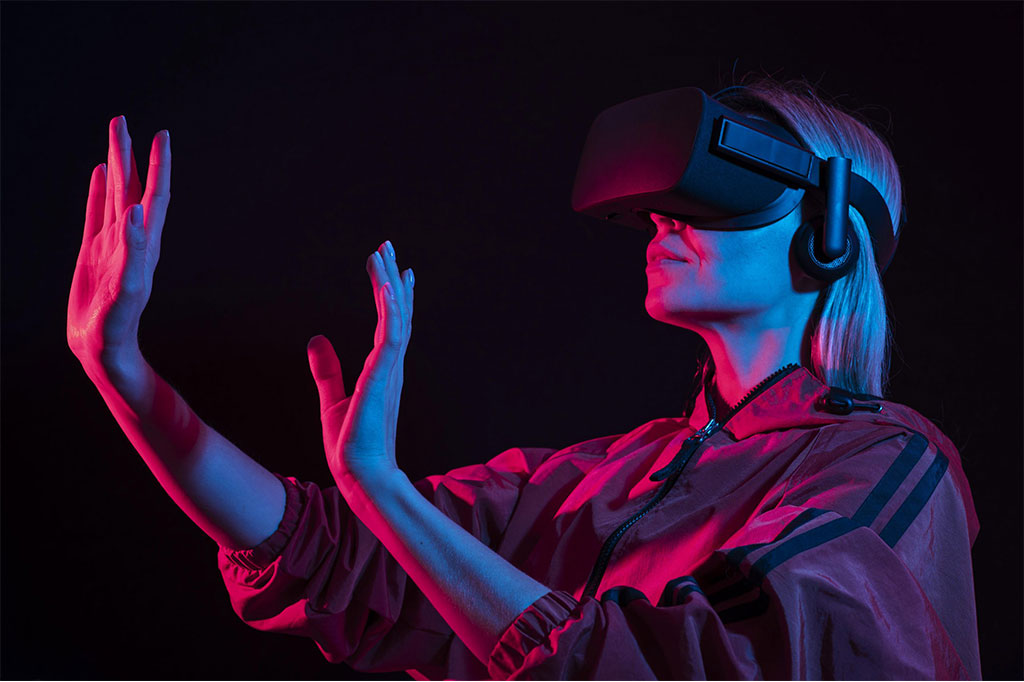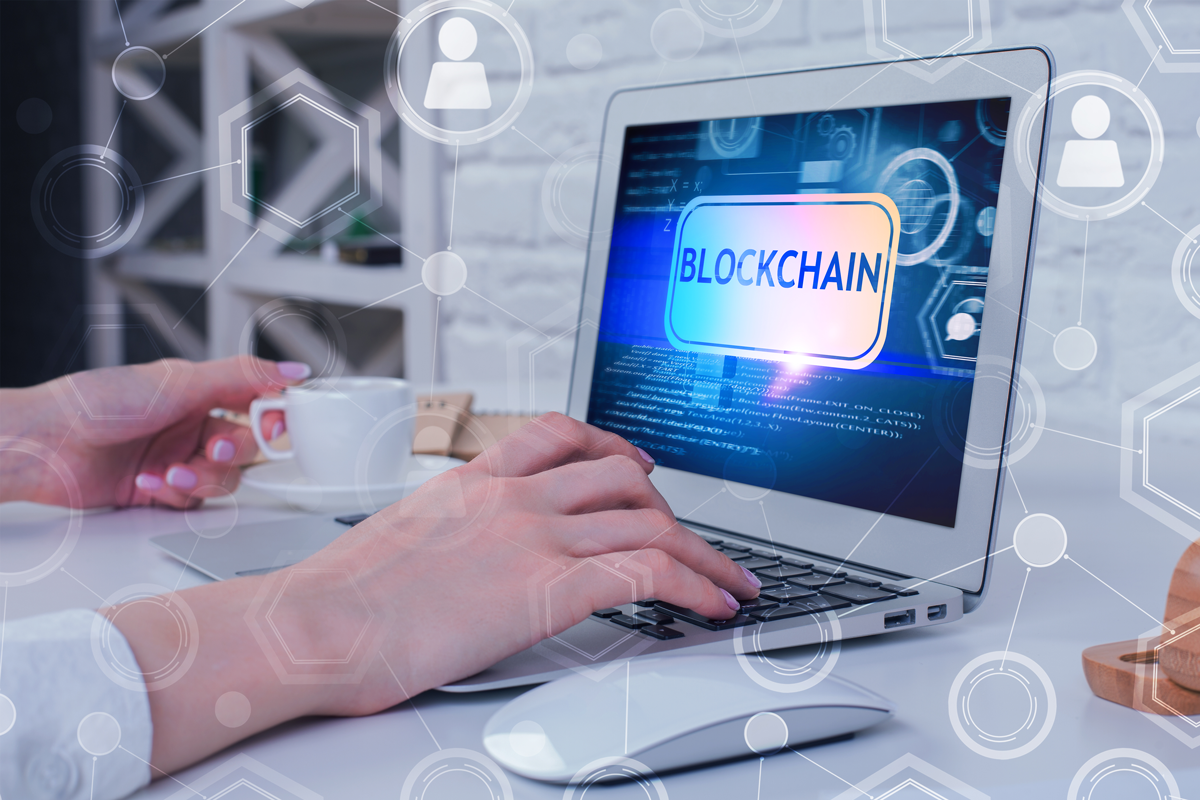
The Metaverse is a futuristic vision that combines virtual reality (VR), augmented reality (AR), artificial intelligence (AI), and blockchain technology to create an interconnected digital universe where people can interact, work, learn, and socialize in real-time. The term, originally derived from Neal Stephenson’s science-fiction novel “Snow Crash,” has been embraced by technologists and visionaries to describe the next evolution of the internet.
In this digital universe, users can have avatars or digital representations of themselves and explore an unlimited virtual world. They can engage in leisure, commercial, educational, and work activities as if they were physically present, despite being in different physical locations in the real world.
Why is the Metaverse important?
The Metaverse has a significant impact on various aspects of our lives, presenting new opportunities and challenges. Let’s explore some of the reasons why it is important:
1. Enhanced Social Interaction
The Metaverse provides a platform for deeper and more meaningful social interaction online. People can “meet,” “talk,” and “interact” in a more immersive environment than just through text or video. The ability to share real-time virtual experiences can enhance connection and empathy among individuals, even across long distances.
2. Virtual Economy and Commerce
In the Metaverse, users can buy and sell virtual goods and services, creating a new digital economy. This is already seen in online games and virtual reality platforms, where users can purchase virtual land, clothing for their avatars, and more. Furthermore, the use of cryptocurrencies and non-fungible tokens (NFTs) enables greater ownership and secure transfer of digital assets, opening opportunities for innovative markets and business models.
3. New Work and Education Opportunities
The Metaverse can provide new ways of working and learning. Employees can collaborate in a virtual workspace regardless of their physical location, fostering global collaboration and efficiency in work processes. Similarly, students can engage in immersive learning experiences, access educational resources from around the world, and connect with experts in different fields.
4. Innovation and Creativity
Just as the internet revolutionized our lives, the Metaverse has the potential to unleash a new wave of innovation and creativity. Users will not only be consumers of content but also creators, building and customizing their own digital environments and experiences. This opens the door to new forms of artistic expression, game development, interactive storytelling, and much more.
5. Access to Information and Knowledge
The Metaverse can become a space where access to information and knowledge is democratized. People can access virtual libraries, attend international conferences and seminars without the need for physical travel, greatly expanding educational and personal development opportunities.
6. Global Collaboration
The Metaverse will enable more seamless and real-time global collaboration. Teams distributed worldwide can meet and collaborate in a shared virtual space, fostering innovation and accelerating decision-making processes. This can have a positive impact on productivity and business efficiency while reducing reliance on physical limitations.
7. Entertainment and Immersive Experiences
The Metaverse will provide new forms of entertainment and immersive experiences. We can immerse ourselves in immersive virtual worlds where the barriers of reality fade away, participate in interactive games, attend virtual concerts, or even visit digital replicas of historical and exotic locations. This will expand the possibilities for entertainment and leisure, offering new sensory and emotional experiences.
8. Advancements in Medicine and Health
The Metaverse has the potential to revolutionize medicine and healthcare. Medical professionals can practice virtual surgeries, conduct research in simulated environments, and share knowledge with experts from around the world, leading to significant advancements in healthcare and overall well-being. Additionally, individuals can access wellness services and personal care from the comfort of their homes, providing greater accessibility and convenience.
9. Sustainability and Reduction of Ecological Footprint
The Metaverse can contribute to sustainability by reducing the need for physical travel, thus decreasing carbon emissions and resource consumption. By allowing people to engage in activities in a virtual environment, travel and physical infrastructure requirements can be reduced, positively impacting the environment.
The Metaverse promises to fundamentally change the way we interact with technology and with each other, opening new opportunities in fields such as the economy, education, collaboration, creativity, and entertainment. At Qualitapps, a leading technology solutions company, we are excited about the possibilities and impact that the Metaverse can have on our society.
We are committed to driving its development and adoption and have explored the possibilities of the Metaverse through the Spatial.io platform. Through this platform, we have created immersive and collaborative experiences that fully leverage the capabilities of the Metaverse. We are enthusiastic about the potential of this technology and will continue working on creating innovative solutions that harness all the advantages the Metaverse has to offer.
The Metaverse is constantly evolving, and there is still much to be discovered. It is important to address the ethical, privacy, security, and governance challenges that will arise as we delve into this new digital dimension. However, the potential of the Metaverse to enhance how we live, work, and connect is undeniable, and we are excited to be part of this transformative technological journey.
At Qualitapps, we are committed to leading the way in Metaverse development and creating innovative solutions that drive its adoption.





